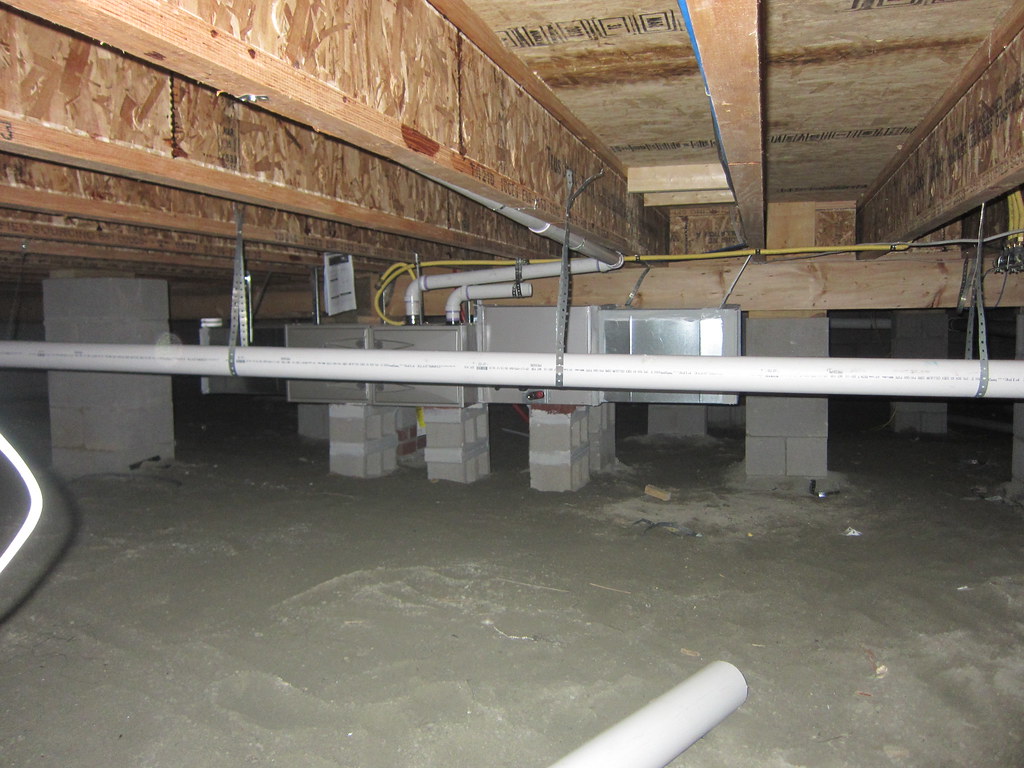HVAC systems seem complicated, mainly because a lot of the maintenance is too complicated or dangerous for DIY efforts. But learning a few of the acronyms and the parts that go into your system can help you make better choices regarding your system’s maintenance and repairs. Here are three essential things you might not know about your AC system.
1. You Can Find Out Your Ideal MERV Filter Rating

Your air conditioner’s filter is an important part of the system. It’s also the part that needs the most maintenance: every three months (or even sooner if you have lots of pets), the filter needs to be replaced. But different models use different types of filters. Not only do you need to look at the size requirements for your system’s filter, but you need to select the right level of filtration capability.
Different filters can block particles of various sizes. The MERV rating scale measures filters by their ability to catch particles of different sizes. The scale is from one to 20. Lower-rated filters ranging from one to four capture particles that are three to 10 microns in size. As you continue up the scale, the filters become finer and can catch particles as small as 0.3 microns. Higher-rated filters can clean the air more effectively, but they also require more frequent replacement because they “fill up” faster. While different systems recommend different filters, you can decide which MERV rating is a good fit for your home by checking out the scale here.
2. Your A/C Is Rated for System Efficiency
You may be familiar with seeing ‘Energy Star’ on your newest appliances. But there are other scales that determine how energy efficient your HVAC and other systems are. The Seasonal Energy Efficiency Ratio rating, or SEER rating, indicates the system’s cooling or heating efficiency over time. A high SEER rating indicates that your mean is efficient and effective.
This is different from other ratings, such as EER (which only measures efficiency at a single moment in time) or HSPF, the Heating Seasonal Performance Factor that typically rates split-system heat pumps.
Starting in 2015, the government has mandated that HVACs have at least a 14 SEER rating except in specific circumstances.
3. Freon Is Being Phased Out
Older HVAC systems use R-22, or Freon, which is a type of refrigerant that has since been rated as too dangerous for the environment. It’s being phased out, and new machines are turning to other refrigerants. Also, companies will not be able to legally import or produce Freon in the United States after December 31, 2019.
If your machine currently uses R-22, that doesn’t mean you have to replace it immediately. But it does mean you need to address any leaks in your system now. After the start of the new year, replacement refrigerant will be more expensive and will quickly become unavailable. At that point, it will be time to start looking for a new HVAC.
The more you know about your HVAC system, the better you can recognize developing problems, maintenance concerns, and efficiency issues. Knowledge can also help you reduce your energy bill while still keeping your home comfortable every season.